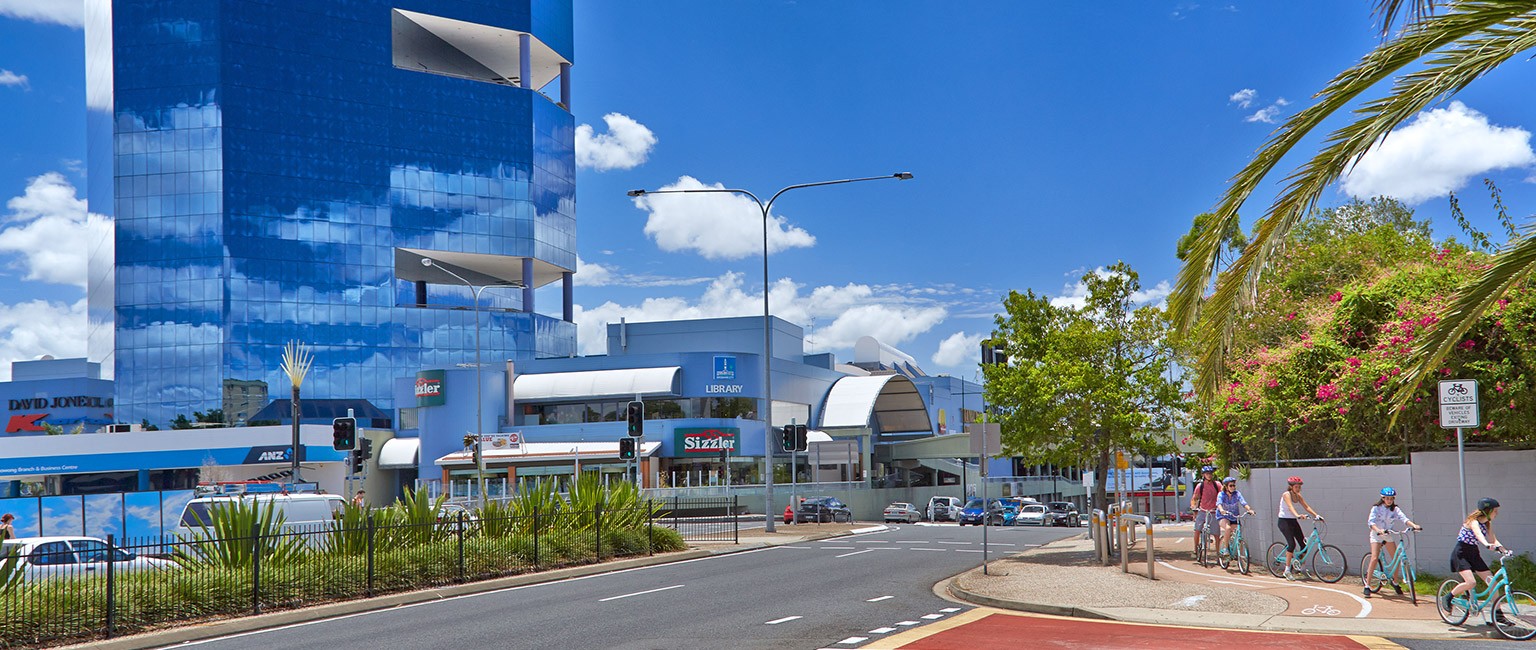Location, location: Why it matters to your business

When it comes to finding the right location for your business, there are a number of factors to consider.
Accessibility, public transport and expansion potential are just the start. A lot will depend on the business and how it makes money.
Take for example an internet-based business. An outfit like that might well be located anywhere, providing the necessary technology infrastructure is in place.
Compare that to a business that needs people to see it, a business that has to be accessible to its market. For that sort of outfit, location becomes the be-all and end-all.
Business strategy expert Jack Jacoby from the Jacoby Consulting Group says there is no one size fits all answer when it comes to location.
“If your office needs to serve customers, then your location needs to be relevant to your customers – whether that’s passing traffic or a serviced office depending on the service,’’ Jacoby says. “Location is a product of need and if it needs to be customer convenient, then you need to locate where it’s convenient for your customers.
“On the other hand, if you happen to be a business that can operate from anywhere, then your focus becomes what works for you and your market isn’t the important consideration because they don’t care where you are and most online businesses are like that. They can be operating anywhere.”
Your office needs to serve customers, so location needs to be relevant to them.
Get it right: 6 tips to help choose the right business location

This is not to say that online businesses don’t have locational issues to take into account. They have to look at whether the business is in a spot that’s accessible to staff and if it provides the required internet connectivity.
But then, these are different considerations and carry a different priority than issues that relate to customers.
Jacoby says choosing the right location depends completely on the kind of business it is.
“If you’re talking about a delivery business, you need a place to put the van or car or truck,’’ he says. “You need a place where you can unload. It has to have a lot of safety features. What you don’t want is an area where you have a whole lot of school kids walking along because every time you go out of your driveway they will be there.”
“If you’re a fast food restaurant, you need passing traffic and visibility. If on the other hand you are five star restaurant, if becomes a destination where people come to you.”
Choosing the right location depends on the style of business it is.

He says sometimes the location itself can affect the business strategy.
“A standard shop needs customers,’’ he says. “You can get customers in two ways. You can either rely on passing traffic if it’s a convenience or you have to bring customers to you. If it’s a specialty shop, customers need to know about you so how are you going to promote your site and products if you don’t advertise in one form or another?
“But if you’re in the middle of a shopping centre, you don’t need to advertise because there are thousands who shop there every day.”
Trade tricks: Top tips for setting up a retail business
He says the capacity to expand the business is important although most businesses would simply relocate. That tends to be cheaper than going through renovation and refurbishment. Unless of course the landlord is subsidising the fit-out as an incentive.
And of course, if they are businesses where most of the customers have started buying online, they might even consider relocating to the outer suburbs where the rent is cheaper.
Transport is also an issue but again, as Jacoby, says, it depends on the business.
“If you have three or four staff and they all drive, then public transport is not an issue but staff change over time and you have to ask yourself are customers likely to use public transport or will they drive there?”
Other issues to look at might include:
- Zoning and whether the facility is large enough for the business?
- Does the site need any repairs?
- Is the location convenient for the business owner and employees?
- If it’s remote from the customer base, can it be covered by advertising and online services?
- Is it near competitors that can attract customers?
- Can the facility accommodate growth?
- Is it in a safe neighbourhood?
- Is parking space available and adequate?
- Is it close to public transport?
Get key suburbs insights with the realestate.com.au Neighbourhood page







